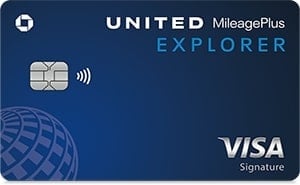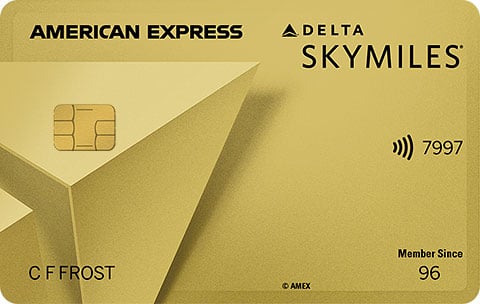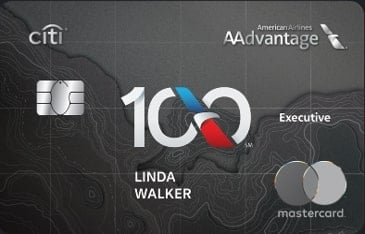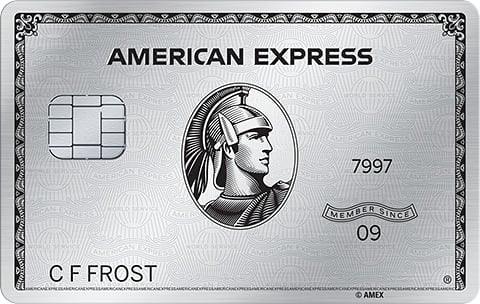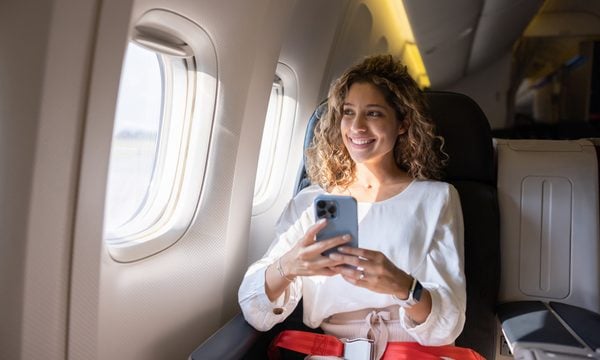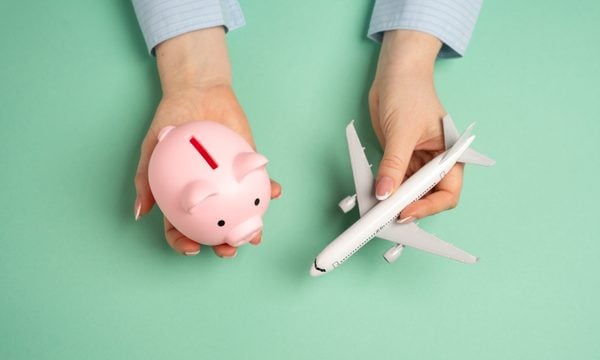A Beginner’s Guide to Flying in Business or First Class
Here's all you need to know for your first business- or first-class flight experience.
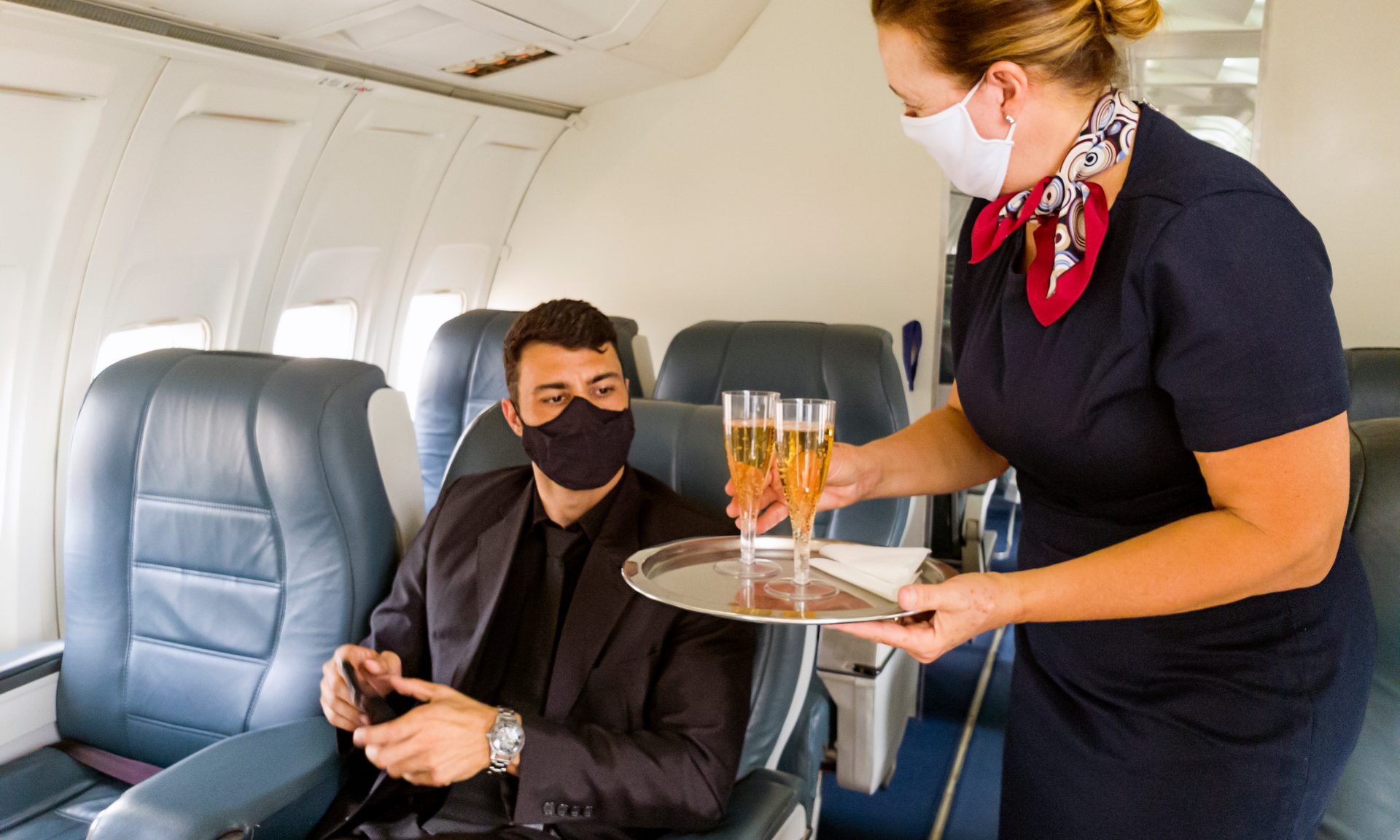
Many or all of the products on this page are from partners who compensate us when you click to or take an action on their website, but this does not influence our evaluations or ratings. Our opinions are our own.
We love helping our readers find ways to book first- and business-class tickets using points and miles. Although these tickets can be expensive if you're paying for them with cash, you can sometimes book a seat in these premium cabins using airline miles you've already earned or with points from signing up for certain credit cards.
First, you'll need to understand the difference between first and business class. It is also important to know what types of perks to expect, so you can assess when it makes sense to pay for the upgrade.
What's the difference between first and business class?
Both first and business class are premium cabins but can offer different experiences and seats depending on the airline. If you're flying domestically within the United States, flights generally have two cabins: The main cabin and a premium cabin. The main cabin often includes various economy fares, while the premium cabin is reserved for business class or first class, depending on the route and airline.
When you fly internationally from the U.S., you may be on a flight that offers both first and business class — for example, Cathay Pacific's Boeing 777-300 aircraft has separate first-class, business-class, premium economy and economy cabins.
The difference between first and business class can vary by airline. However, if you're taking a flight that offers both first and business class, first class almost always provides a more enhanced experience. This may include a suite with a door, fancier food and drinking options, and a more intimate, smaller cabin.
» Learn more: Best first class award flights you can actually book
Get the 'Cheat Codes' to Cheaper Travel
Unlocking the secret to saving a ton on travel is easier than you think. 📤 Our free newsletter shows you how in 5 min. or less.

What to expect when flying first or business class
Although first- and business-class experiences can vary drastically between different airlines and routes, below are some perks that you can often expect when flying in first or business class:
- Priority check-in, security and boarding.
- Premium seats, including more space and lie-flat beds.
- Lounge access.
- Complimentary alcoholic beverages and enhanced food options.
- Amenity kits.
- Dedicated overhead space for your carry-on luggage.
- Seats towards the front of the plane so you can deplane before other cabins.
In addition to the more common business- and first-class perks listed above, below are some more unique perks you can find on various airlines:
- Qatar Qsuites has business class seats that can connect to create a double bed, which you can share with a partner or friend.
- Although the service has recently been suspended, United Airlines will sometimes have a sundae cart for Polaris business class passengers on international routes.
- Emirates offers its first- and business-class passengers complimentary chauffeur service to and from the airport.
Because the first- and business-class experience can vary dramatically by airline and route, you should consider what perks are offered before purchasing or upgrading to a business- or first-class ticket.
Why it can make sense to upgrade to first or business class
Depending on when and why you're traveling, it can make sense to upgrade from economy to first or business class if you have the cash or points to afford it. Below are some examples of when it may make sense for you to upgrade your flight:
- For a lie-flat bed: If you're flying from the U.S. to another continent and want to hit the ground running when you land, upgrading to first or business class to get a lie-flat bed can help you arrive more well-rested than a simple economy seat.
- For more points or miles: If you're paying for your flight in cash, flying first or business class will often help you earn more points and miles and can also help you maintain or earn elite status.
- For a special occasion: If you're flying for a particular reason, like a honeymoon or celebrating your graduation, the perks offered by your airline will help make it an even more memorable trip.
» Learn more: How to use travel awards to afford first class
When it doesn't make sense to upgrade to first or business class
Even though upgrading from economy to first or business class usually comes with several perks, there are times when making the upgrade wouldn't make sense, including:
- On shorter flights, when you won't have much time to enjoy the premium seating.
- When the airline asks for a significant amount of cash or points to upgrade.
- On daytime flights overseas when you're not planning on taking a nap or sleeping, which may negate the value of a lie-flat seat.
How to earn points and miles fast
Points and miles can be redeemed for premium cabin award flights and can help you save in the long run. But before you start using travel rewards, you have to earn them. Beyond flying, another way to amass a large number of points and miles s is to earn a sign-up bonus for a travel or airline credit card.
If you seek more flexibility in redeeming miles for award flights, consider applying for a more general travel card instead, like the American Express Platinum Card®. A more general travel card differs from an airline card in that you can book flights with multiple carriers, rather than reaping the benefits of staying loyal to a single brand.
The more high-end the travel card, the more benefits you can enjoy, including airport lounge access or automatic elite status in certain programs. That said, a brand-specific airline card can net you benefits like waived baggage fees, which can have meaningful dollar value.
» Learn more: The best travel credit cards
The bottom line
If it's your first time flying business or first class, you can generally expect several perks that you wouldn't get flying economy — including priority check-in, a more comfortable/spacious seat, and enhanced food and drink options.
Although it may not always make sense to upgrade your flight to first or business class, it may be worth the extra cash or points to upgrade depending on why you're flying. As your first- or business-class experience may differ depending on the airline and route, you should research what perks are included with your ticket before purchasing.
To view rates and fees of the American Express® Gold Card, see this page.
To view rates and fees of the American Express Platinum Card®, see this page.
How to maximize your rewards
You want a travel credit card that prioritizes what’s important to you. Here are some of the best travel credit cards of 2026:
- Flexibility, point transfers and a large bonus: Chase Sapphire Preferred® Card
- No annual fee: Wells Fargo Autograph® Card
- Flat-rate travel rewards: Capital One Venture Rewards Credit Card
- Bonus travel rewards and high-end perks: Chase Sapphire Reserve®
- Luxury perks: American Express Platinum Card®
- Business travelers: Ink Business Preferred® Credit Card
Article sources
NerdWallet writers are subject matter authorities who use primary,
trustworthy sources to inform their work, including peer-reviewed
studies, government websites, academic research and interviews with
industry experts. All content is fact-checked for accuracy, timeliness
and relevance. You can learn more about NerdWallet's high
standards for journalism by reading our
editorial guidelines.
Limited Time Only: Earn $1,000 Toward Travel!
Capital One Venture Rewards Credit Card 
Travel

For a limited time, the
Capital One Venture Rewards Credit Card is offering new cardholders an especially rich bonus: Enjoy $250 to use on Capital One Travel in your first cardholder year, plus earn 75,000 bonus miles once you spend $4,000 on purchases within the first 3 months from account opening - that’s equal to $1,000 in travel!
More like this
Related articles


